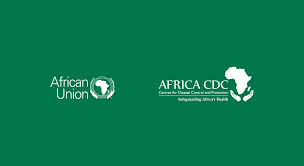The United Nations Children’s Fund (UNICEF) has raised alarm over an imminent deaths of vulnerable children in Nigeria and Ethiopia, disclosing that shortage of lifesaving therapeutic food supplies for severely malnourished children has hit both nations.
UNICEF warned that without immediate intervention thousands of vulnerable children in both nations could face severe health consequences or even death.
Additionally, it cautioned that the crisis could escalate into a “child survival crisis” if urgent funding is not secured.
The UNICEF’s deputy executive director, Kitty Van der Heijden, disclosed that the organization will exhaust its stock of Ready-to-Use Therapeutic Food (RUTF) by May, leaving an estimated 1.3 million children under five at risk of losing access to critical treatment.
“Interruption to continuous treatment is life-threatening,” Van der Heijden cautioned in a press briefing from Abuja on Friday.
In Nigeria, UNICEF projects that supplies for 80,000 malnourished children could run out as early as the end of this month, while in Ethiopia, 70,000 children will be left without treatment. Van der Heijden described a recent visit to a hospital in Maiduguri, where she met a severely malnourished child whose condition was so dire that “her skin was falling off.”
The crisis has been exacerbated by dwindling international aid contributions and a significant shortfall following the U.S. government’s decision to pause all foreign aid for 90 days. The move, enacted on the first day of President Donald Trump’s return to office in January, has disrupted key humanitarian relief programs worldwide, including nutrition and malaria care for pregnant women and children in Ethiopia.
“This funding crisis will become a child survival crisis,” Van der Heijden stressed, urging donors to act swiftly. In Ethiopia’s Afar region, the impact is already visible, with only seven out of 30 UNICEF-supported mobile health clinics still operational due to funding cuts.



